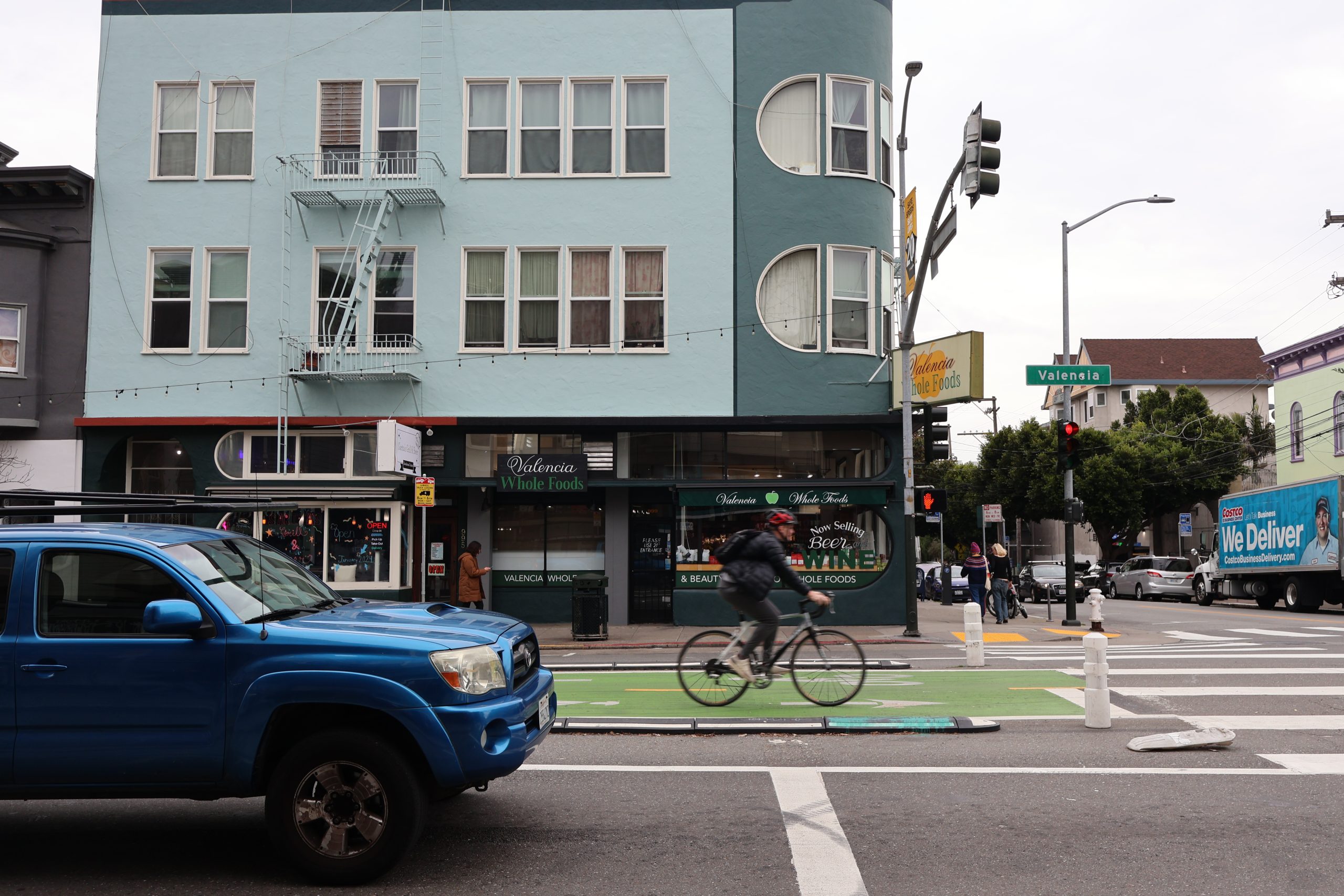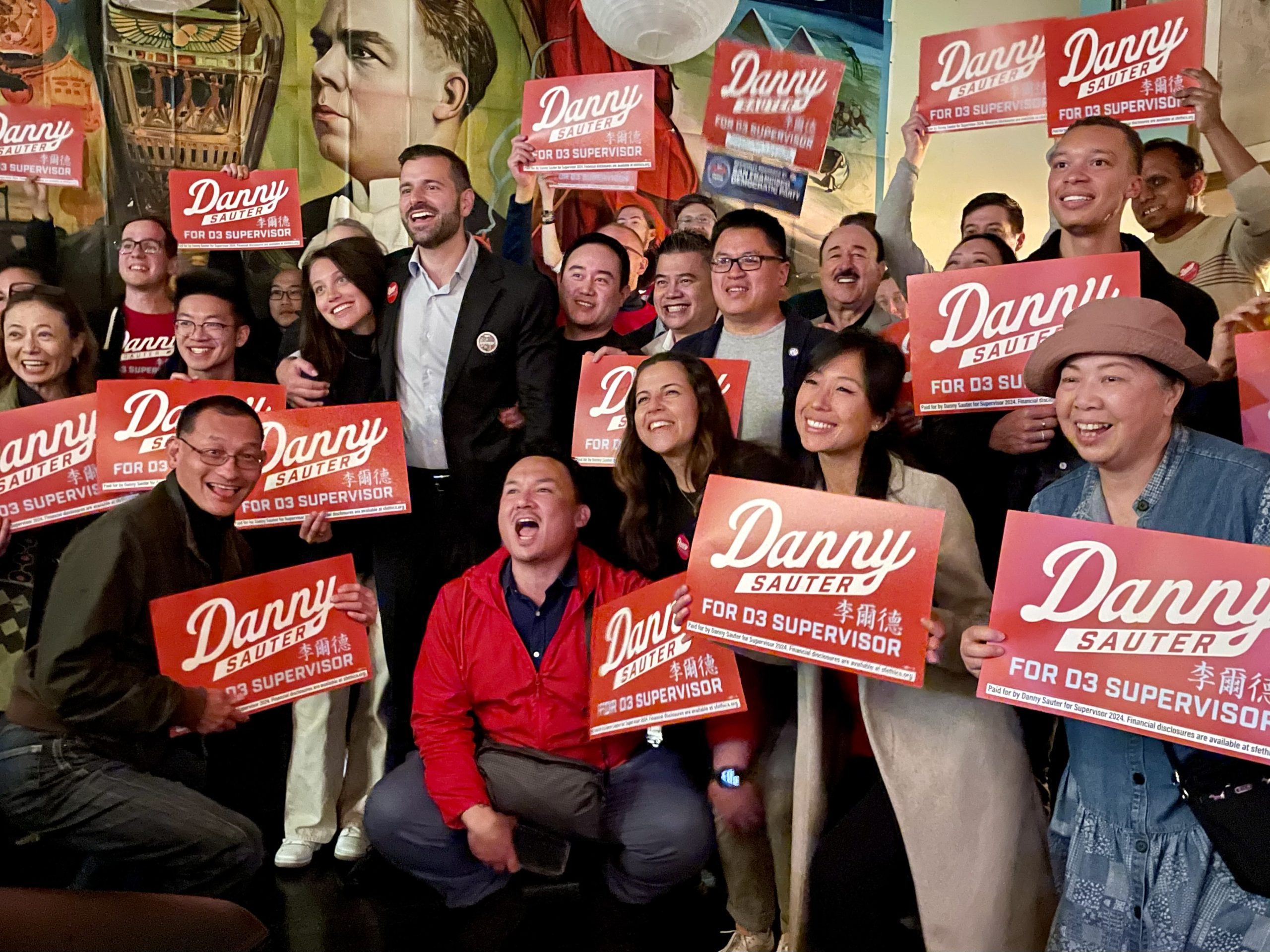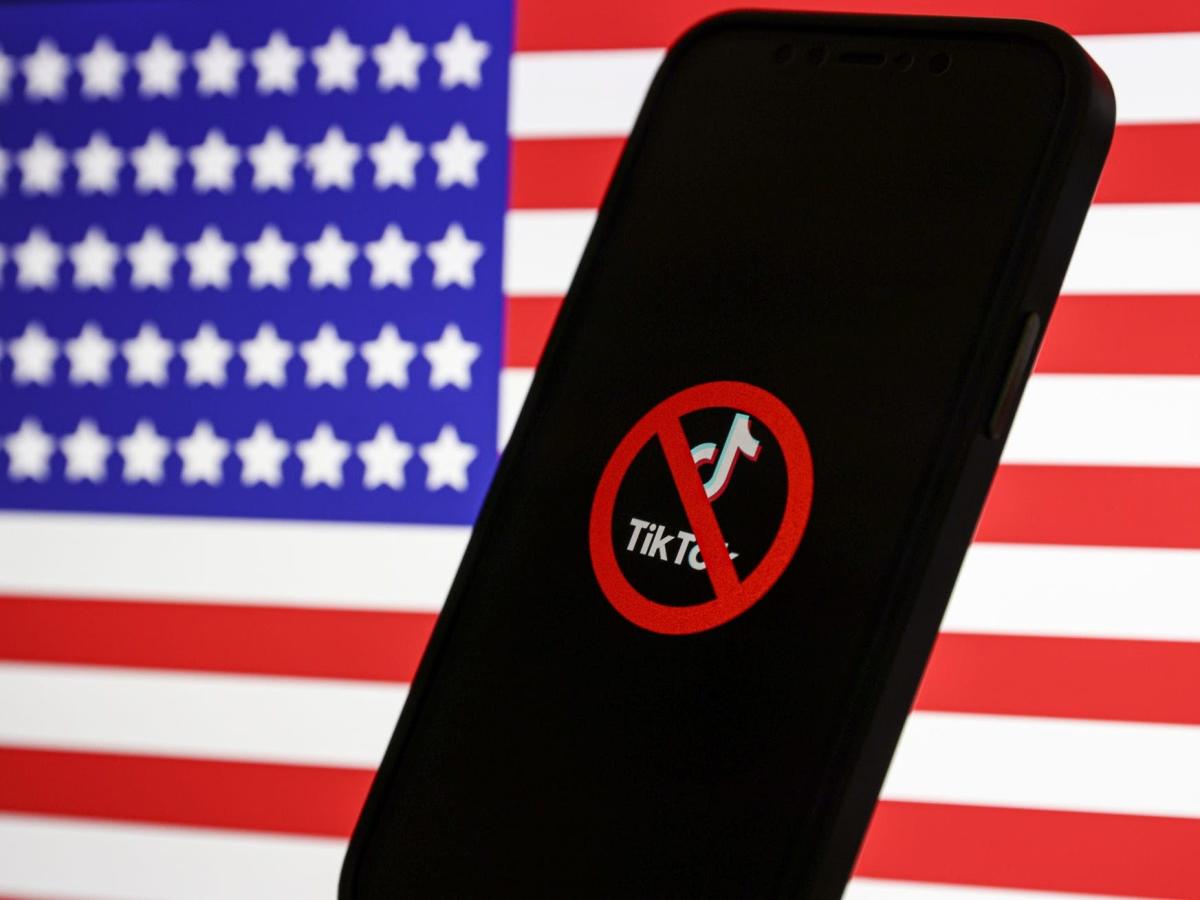[ad_1]
The year-long fight over Valencia Street bikeway continues.
When the San Francisco Municipal Transportation Agency’s board approved a new curbside Valencia bike lane design on Nov. 19, after a year with the controversial center-running bike lane, many expected it to be an end.
Weeks later, however, a nascent coalition of Valencia street merchants and residents has filed an appeal against the new design, demanding that the city re-evaluate the project.
The group — the Valencia Association of Merchants, Artists, Neighbors, and Organizations, or VAMANOS — maintains that the new bikeway project fails to address legal, environmental and community considerations required under the California Environmental Quality Act exemption granted for the project, according to the appeal.
The appeal was filed Dec. 4 to the Board of Supervisors. The board will hold a hearing on the matter on Jan. 28, 2025, at 3 p.m. The outcome could delay the planned January 2025 construction start for the side-running lanes.
Julio Ramos, an attorney representing VAMANOS, said the merchants feel “the city is not recognizing or appropriately studying” “a lot of impacts.”
Meanwhile, Ramos said, “VAMANOS wants it resolved as quickly as possible” so merchants and residents on Valencia Street can move on. “Hopefully, we can avoid litigation. And that the MTA will take a harder look at the environmental impacts of the project.”
VAMANOS currently has about 12 active members, two-thirds of which are merchants, according to its attorney Ramos. This includes Wrap & Roll, Santora Apt. & Bldg. Supplies, Sidewalk Juice, Valencia Whole Foods, Amado’s, and Jay’s Cheesesteak, according to a list shared by David Quinby, owner of Amado’s and an active member of VAMANOS.
In May, an email from the group listed Rossi Art Gallery, Yasmin, Amado’s, Consumer Auto Body Inc., Gola, Chic n’ Time, the Phoenix, Jay’s Cheesesteak, Valencia Whole Foods, and Sidewalk Juice.
The group is “being more militant” than the Valencia Corridor Merchants Association, Ramos said. “They’re not going to agree to the bike lane concepts without at least understanding what it means moving forward.”
Kevin Ortiz, the co-founder of VAMANOS, stepped aside from the Latinx Democratic Club in July of this year after allegations of a 2021 sexual-harassment incident.
SFMTA spokesperson Michael Roccaforte said in a statement that the new design is the result of outreach and engagement with the Valencia community throughout 2024. “From one-on-one merchant meetings and outreach events to block-by-block planning, every detail of our new curbside design reflects hundreds of conversations, community insights, our technical expertise and our commitment to safer streets that work for all.”
The appeal argues that the Valencia corridor’s historic character may be threatened by the proposed curbside bike lanes’ “modern, fragmented designs.” That design includes hundreds of plastic barriers, “unconventional bike lanes,” and “floating parklets,” which are parklets that will be separated from the sidewalk by the bike lane.
Another issue: the proposed bikeway may have an impact on the environment by removing parking. The new design will remove about 79 parking or loading spots, or 35 percent of the 225 spaces on Valencia between 15th and 23rd streets, according to the SFMTA. The appeal claims that will cause drivers to circle for parking spaces and worsen congestion.
The center bike lane removed about 70 parking spaces.
Additionally, the appeal claims, the floating parklets of the new design may pose safety risks, as they require employees of small businesses to cross bike lanes to serve customers sitting in parklets.
The move by VAMANOS has dismayed the Valencia Corridor Merchants Association, which was founded in early 2000s and has been a major player in negotiations with the SFMTA about the bikeway designs. President Manny Yekutiel said he understands the general sentiment in the appeal, but has “major concerns about this tactic.”
“Doing this has a very high likelihood of just extending the life of the center running bike lane by months, if not a year,” said Yekutiel, who said the merchants also fear that the appeal might push construction of the new bikeway into the spring and summer, the busier seasons for the commercial corridor.
Yekutiel said “It’s time for us to move on” from the bike lane discussions. The appeal, he said, is “just going to continue the fighting. It’s going to continue the debate. It’s going to hurt. It’s going to make it even harder for the Valencia corridor to start a new chapter.”
[ad_2]
Source: missionlocal.org






